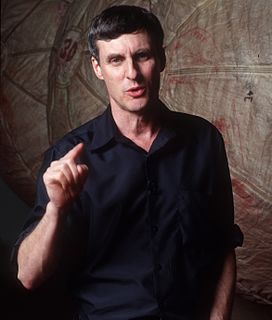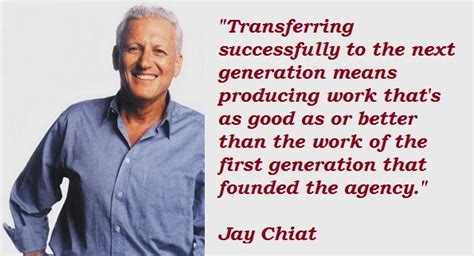A Quote by William McDonough
All these corporate reports say they want zero carbon. Well that is ridiculous, because you are not telling us what you are, you are telling us what you are not.
Related Quotes
Let’s be honest. Who here thinks your professors can say what they really believe? It scares me to death, and should scare you too, that the superstition of political correctness rules the halls of reason. What does all of this mean? It means that telling us what to think has evolved into telling us what to say, so telling us what to do can’t be far behind. Before you claim to be a champion of free thought, tell me: Why did political correctness originate on America’s campuses? And why do you continue to tolerate it? Why do you, who’re supposed to debate ideas, surrender to their suppression?
Ezra clapped his hands. "all right," he said. "In addition to the books we're reading as a class, I want to do an extra side project on unreliable narrators." Devon Arliss raised her hand. "what does that mean?" Ezra strode around the room. "well, the narrator tells us the story in the book, right? But what if... the narrator isn't telling us the truth? Maybe he's telling us his skewed version of the story to get you on his side. Or to scare you. Or maybe he's crazy!
If you're going to say you're Catholic, you inform your conscience so that you're activities will conform to what God is telling us through the Church. If God is telling you something outside of that, well, the Church will look at that and say: we think it is true or we don't think it is true. The Church might say: that might be true for you but it has no public normative value.
In the Christian sense, love is not primarily an emotion but an act of the will. When Jesus tells us to love our neighbors, he is not telling us to love them in the sense of responding to them with a cozy emotional feeling. You can as well produce a cozy emotional feeling as you can a cough or sneeze. On the contrary, he is telling us to love our neighbors in the sense of being willing to work for their well-being even if it means sacrificing our well-being to that end.
Some of the justifiable critiques has been by - been so successful in telling this story, you know, there's a danger of saying, oh, well, you know, we don't need to worry about this because that's absolutely not the case. What [Hans] Rosling is doing is showing us an overall global trend, which in a sense tells us how bad things were - doesn't mean to say the problems are gone, doesn't mean to say they're any less.



































